The short answer from an Ob/Gyn
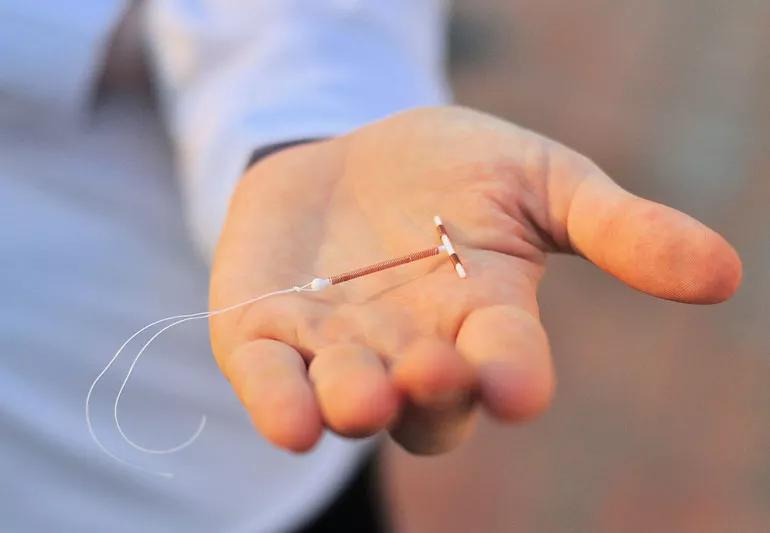
A: It’s easy to stop taking most forms of birth control, but intrauterine devices (IUDs) and hormonal implants are another story. One study found that only 1 in 5 women is able to successfully remove her own IUD; instead, you should make an appointment with a healthcare professional.
Advertisement
Cleveland Clinic is a non-profit academic medical center. Advertising on our site helps support our mission. We do not endorse non-Cleveland Clinic products or services. Policy
In-office IUD removal is typically only a minutes-long process: You’ll lie on your back with your legs spread apart and your feet in stirrups, as when you had it inserted. Your doctor will use a speculum to grasp the IUD string and gently pull it out. The “arms” of the T-shaped device fold up as it’s removed.
And while trying to remove your IUD at home is unlikely to be seriously harmful, the primary risk is that it simply won’t work.
Oftentimes, women who try to take out their own IUD (by pulling on the device’s string themselves) are able to dislodge it but not remove it. When this happens, your IUD becomes improperly positioned inside you, which can be both crampy and painful — and means your IUD isn’t well-placed to do the job of preventing pregnancy.
When this happens, a non-urgent issue becomes time-sensitive, and you’ll end up needing to see a healthcare provider to have your IUD removed, anyway.
–Ob/Gyn Ashley Brant, DO
Advertisement
Learn more about our editorial process.
Advertisement

Today’s birth control pills don’t usually cause depression — but hormones affect everyone differently

No, you can’t prevent pregnancy by douching after sex, having sex standing up or having sex only at the ‘safe’ time

IUDs can make your period lighter, heavier, irregular or stop it completely

Birth control gel is simple to use and an effective method for preventing pregnancy
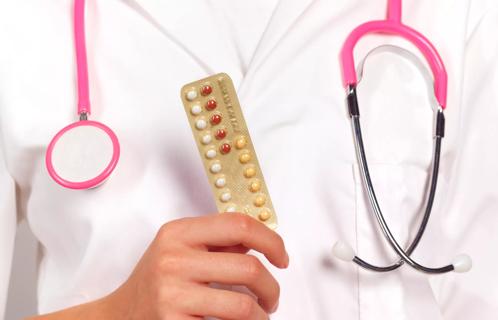
The scenarios vary based on how many pills you’ve missed and whether you take a combination pill or progestin-only pill
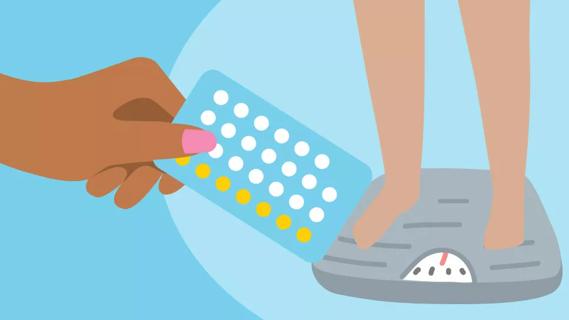
Despite popular opinion, scientific research shows that most birth control methods don’t contribute to weight gain
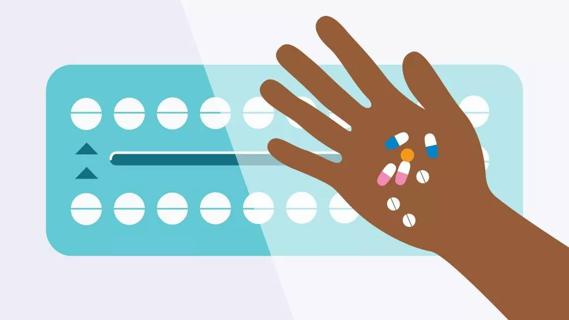
Certain seizure medications, HIV treatments, antibiotics or herbal supplements can make your oral contraception less effective
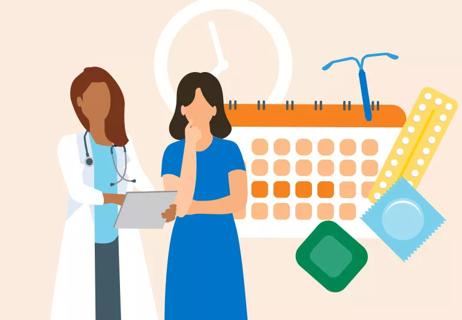
Some birth control can hide perimenopausal symptoms

If you’re feeling short of breath, sleep can be tough — propping yourself up or sleeping on your side may help

If you fear the unknown or find yourself needing reassurance often, you may identify with this attachment style

If you’re looking to boost your gut health, it’s better to get fiber from whole foods